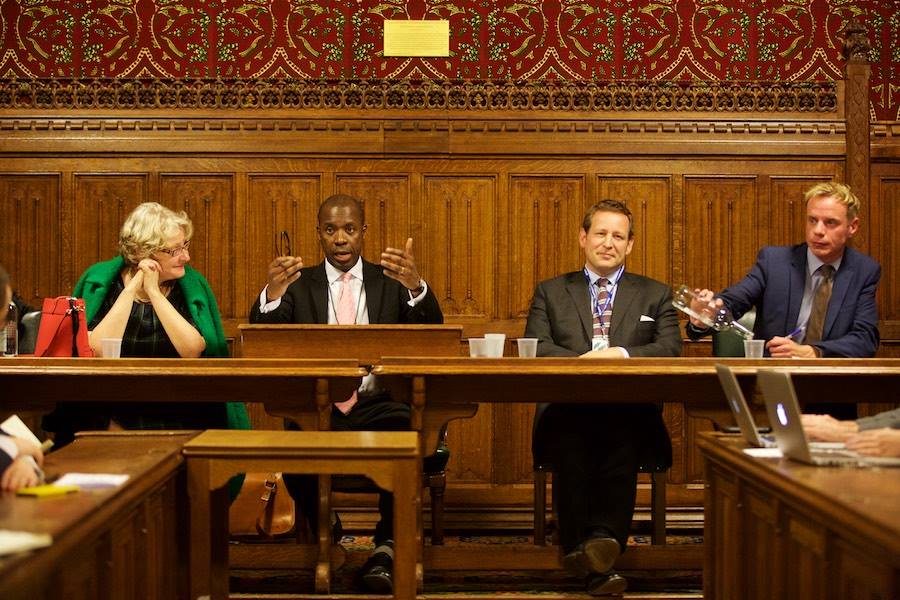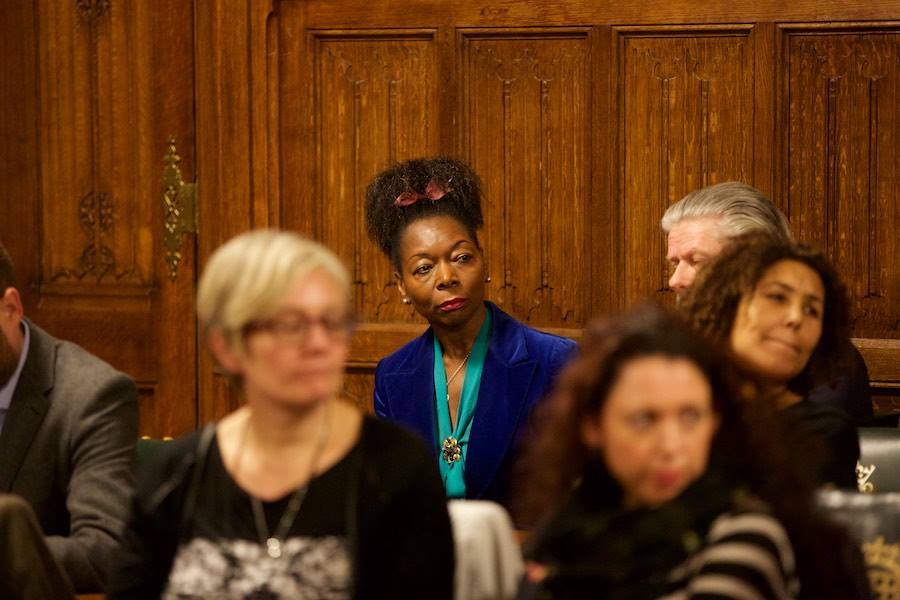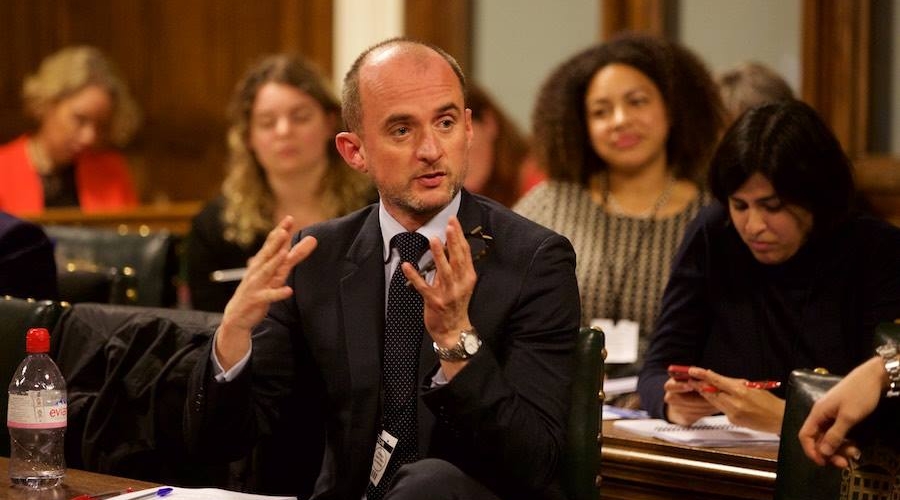In the first of a series of guest posts on the subject, media lawyer Graham Green takes a closer look at how the initiatives of broadcasters and producers need to be consistent with their obligations under the Equality Act.
At a highly-charged RTS debate about diversity in television in Westminster last month, there was much talk of using positive discrimination to increase the amount of BAME talent within the industry. In the first of a series of guest posts on the subject, Reed Smith partner Graham Green, whose clients include Channel 4 and ITV, takes a closer look at how the initiatives of broadcasters and producers need to be consistent with their obligations under the Equality Act.
Actions taken to ensure that on-screen and off-screen talent reflect the UK population as a whole must be compliant with the Equality Act (the Act). In particular, it is crucial to understand the distinction between "positive action" and "positive discrimination".
Some commentators have recently used the terms interchangeably but positive action is lawful, positive discrimination is not. Understanding the difference is crucial to ensuring a lawful talent selection process. Positive action is where persons with a shared "protected characteristic" (e.g. ethnicity, gender, age or disability) are encouraged to participate in an activity in which a particular group has a disproportionately low participation. For example, where there is underrepresentation a broadcaster may legitimately encourage Black Asian and Minority Ethnic (BAME) candidates to apply for a presenter role, by targeting job advertisements at prospective BAME candidates and holding open days for potential BAME applicants. This should not be to the exclusion of others.
Positive discrimination on the other hand is where an individual is treated more favourably than another because he or she has a "protected characteristic". Selecting a presenter for an on-screen role because she is black would be an example of unlawful positive discrimination. Generally speaking, this is prohibited under the Act, although some very limited exceptions may apply.
For example, section 159 of the Act allows for selection of a candidate from an underrepresented group if, at the end of a lawful selection process, he or she is found to be "as qualified" as a competing candidate. There is limited scope for use of section 159 in practice and applying it as a policy renders it unlawful in any event.
 From L-R: Helen Goodman MP, Clive Myrie, Ed Vaisey MP and Stephen Gilbert MP discuss diversity at the House of Commons (Credit: Paul Hampartsoumian)
From L-R: Helen Goodman MP, Clive Myrie, Ed Vaisey MP and Stephen Gilbert MP discuss diversity at the House of Commons (Credit: Paul Hampartsoumian)
Further, an "occupational requirement" may apply (i.e. where the protected characteristic is strictly necessary for the job). So, when casting for a hypothetical Malcolm X biopic, it may be argued that it is an occupational requirement that a black, male actor is cast as the lead. This would not be unlawful under the Act.
Current exceptions to the prohibition on discrimination are of limited assistance to those looking to develop policies for use in practice.
The Act specifies that an employer must not discriminate against a person in the arrangements made for selection. If, for example, a production company pledges that 20% of its screenwriters are to come from BAME backgrounds in the shortlist for the screenwriting position it offers, the inclusion of those BAME applicants would automatically exclude an equal number of candidates from other (non-BAME) backgrounds.
In other words, the reason that these non-BAME screenwriters do not make the shortlist is because of their ethnicity. Excluding a candidate on the basis of a protected characteristic is expressly prohibited by the Act. Therefore, while there is nothing unlawful about setting a target for representation in a particular profession, using a quota as a means of reaching this target likely to be unlawful.
As the Equality and Human Rights Commission states in its guidance note on "Appointments to Boards and Equality Law": "Any steps taken in order to reach a quota would run the risk of being unlawful under equality law, if they have the direct or indirect effect of exerting pressure to undermine ... the principle of appointment on merit following objective assessment".
 Floella Benjamin (Credit: Paul Hampartsoumian)
Floella Benjamin (Credit: Paul Hampartsoumian)
What next for the media industry?
The broadcasters I act for are making long term commitments to improving the selection process at its foundations by insisting upon broader and more inclusive pools for selection and the removal of barriers to entry on socio-economic and geographical grounds as well as ethnicity, gender, age, disability and other protected grounds. This will provide for a fair, inclusive and lawful talent selection process.
Broadcasters have been working for some time to improve monitoring of the protected characteristics of on-screen and off-screen talent. New monitoring currently being introduced will enable broadcasters to consider the effectiveness of these commitments over time.
Graham Green is an Employment Partner at Reed Smith in London and heads up a global employment group focusing on the media, entertainment and technology sector.

